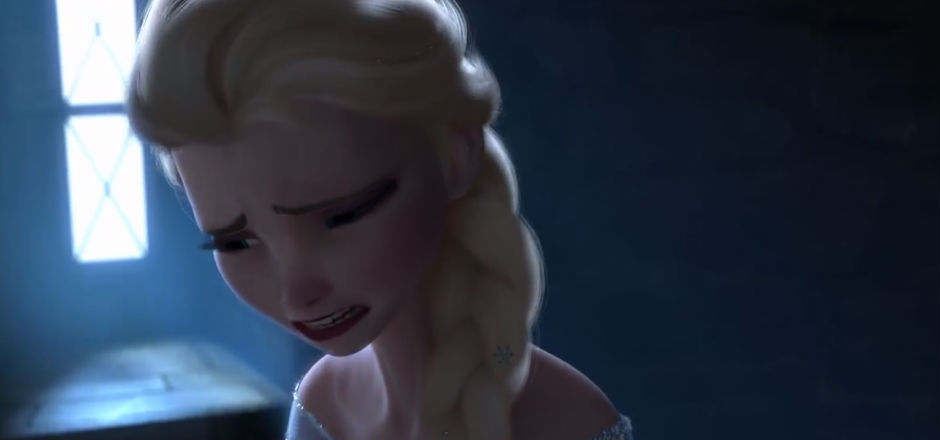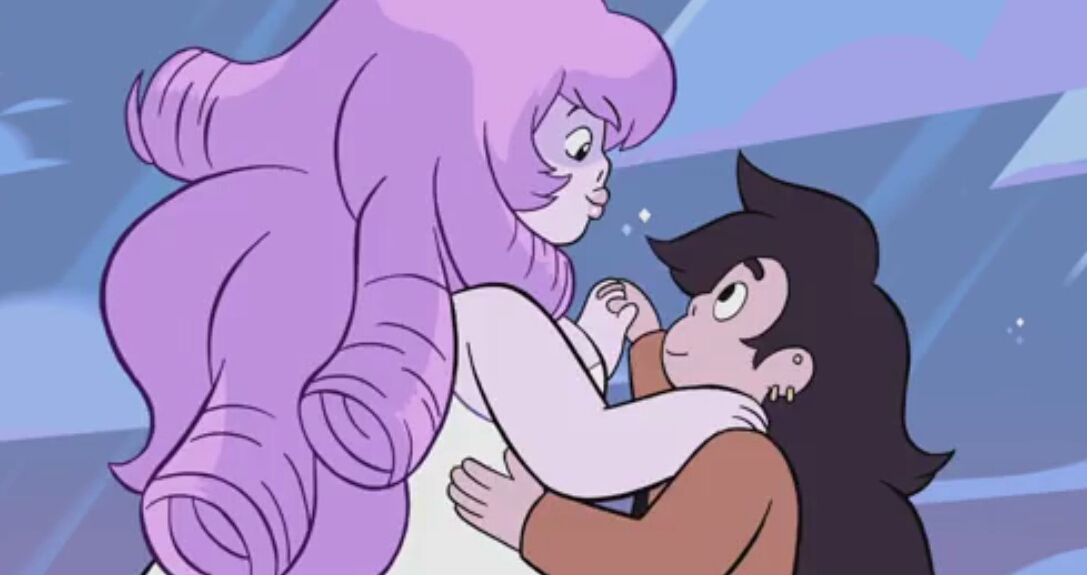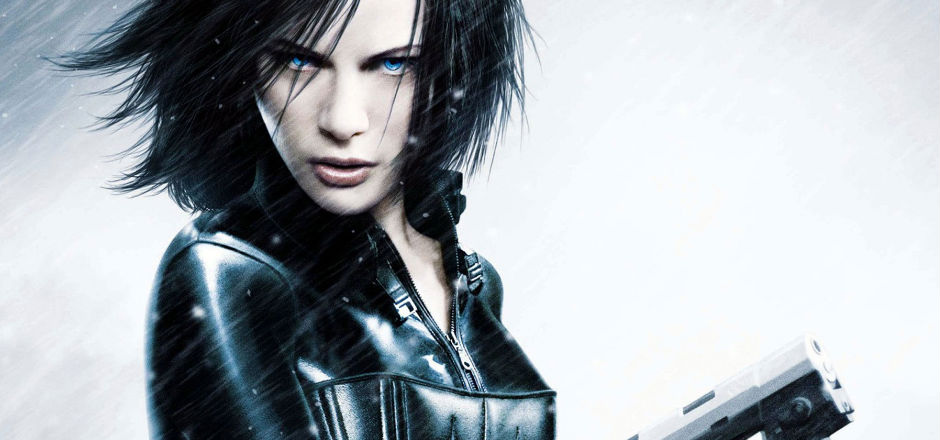In movies, some viewers are so used to the stereotypes for women that relegate them to lovesick sidekicks and damsels in distress that when the female characters do have the chance to take the lead and truly contribute to the story or value of the film, viewers constrict them with their own expectations as much as the stereotypes do.
It’s already hard enough for strong female characters to find a place in the movie industry. In August, The Mary Sue reported on a movie featuring a strong woman warrior protagonist being rejected by a major production company, and – among the few reasons listed – the truly appalling one was a claim that movies with “a female action hero” are “currently a tough sell” based on the “less than stellar way Sucker Punch was received.”
Because of one movie’s box office disappointment, suddenly there’s no collective interest for movies with female heroes. Never mind the long list of films featuring male heroes that also failed to bring in money that had no effect whatsoever on the number of movies with strong, big, powerful male action heroes coming out yearly. One failed attempt for women heroes and it’s suddenly a statement on the audience’s part for all women-led action movies.
And yet, while the statement is a biased assumption and a gross exaggeration, there is a bit of truth to it when it comes to how the audience reacts – not just to female action heroes, but to all type of female characters and the insurmountable expectations they place on them.
There is a pretty thick line between female characters that are genuinely offensive and characters that just don’t meet up some of the audience member’s expectations, and yet both are treated to almost the same amount of harsh criticism and intense hatred.
I’ve yet to see so many popular blog posts, articles and heated discussions about the repetitive objectification of women in action movies, or the stereotyping of all females in comedy movies between the crazy and angry ex-girlfriend and the sweet, always-supportive and forgiving, perfect girl or the amount of slut-shaming and girl-hating in teen movies, or even the blatant misogyny in last year’s Oz the Great and Powerful where only a man could save the kingdom and be king, no matter how bad a man he was, where the good fairy was there just to constantly reassure him of his greatness and the two bad witches’ only evils were being angry at having been lied to, cheated on and used romantically by the main guy and wanting to rule herself instead of waiting for a man to come along and take the throne she had been protecting for so long. At least, not as many as I’ve seen for Elsa in Frozen or the poses of Black Widow on Avengers merchandise and propaganda.
[blocktext align=”left”]There is a pretty thick line between female characters that are genuinely offensive and characters that just don’t meet up some of the audience member’s expectations[/blocktext]That’s not to say there’s no issue with the way Black Widow has been slightly objectified or deny the claim that her role in the entire franchise has been relegated to the backdrop. I’m also not denying that there is a lot more to feminism that could be possibly garnered from watching Frozen, but the real issue is not how those movies may or may not fit within feminist standards, but how we expect them to fit our own. Instead of celebrating what we do achieve and build on that, we repudiate what little advances we manage to make and claim they are not enough.
And forget Frozen’s message through Elsa about self-stem, self-acceptance and self-love – the fact that she’s not physically fighting her enemies and is made flawed by her emotional traumas, even the fact that she fashions a pretty and tight-fitting dress out of ice, is enough to send bloggers in a rage, claiming it is “false feminism.”
Upon the release of Thor: The Dark World last year, Natalie Portman received a lot of criticism for her character of Jane Foster, who many thought of as nothing more than just eye candy in the movie. In the movie adaptation, Jane Foster is a respected scientist investigating wormholes, a pretty big leap from her role as a nurse in the comic’s canon. Though it’s true that she’s repeatedly saved by the title character, Jane is still presented as an intelligent, brave and kind person. Still, just because she’s not engaging in the fights like Sif, the Asgardian warrior that accompanies Thor, her character was attacked and called “anti-feminist.”
In an interview for Elle UK, Natalie Portman spoke about the issue and addressed what, to her, feminism is all about:
“I want every version of a woman and a man to be possible. I want women and men to be able to be full-time parents or full-time working people or any combination of the two. I want both to be able to do whatever they want sexually without being called names. I want them to be allowed to be weak and strong and happy and sad – human, basically. The fallacy in Hollywood is that if you’re making a “feminist” story, the woman kicks ass and wins. That’s not feminist, that’s macho. A movie about a weak, vulnerable woman can be feminist if it shows a real person that we can empathize with.”
In an industry as male-dominated as Hollywood, we sometimes forget that the root of feminism is just freedom: to be, to think, to dream and do, without any judgment, restriction or limitation that stems solely from our biological sexes. And when we forget that, we somehow end up believing that the only possible way women could compete with men and be considered strong is by being as shallow, flawless and kickass as the roles made for males.
In spite of the barrage of truly offensive and damaging female characters in movies out there, most viewers criticize these fairly-standard characters because they are realistic and have flaws, simply because these have either a higher profile or because they fail to meet our definitions of the concepts of strength, kickass or feminism.
[blocktext align=”right”]No matter your flaws and weaknesses and the mistakes you make, if you can stand tall and learn from them to accept yourself and be better, you are strong.[/blocktext]That Elsa was scared and confused, that she ran away in fear when her secret was revealed, that she embraced the freedom she found for the first time in her life and decided to stay there instead of being constantly afraid of hurting someone doesn’t make her anti-feminist – it makes her flawed, certainly, but also real. It makes her a realistic woman that was strong enough to sacrifice everything she loved for the safety of others, a woman strong enough to bear her stigma with pride, a woman strong enough to learn from her mistakes and vow to make up for them from a position of power. That’s where the feminism in the movie comes from. No matter your flaws and weaknesses and the mistakes you make, if you can stand tall and learn from them to accept yourself and be better, you are strong.
Women want to compete so much with these ridiculous and perfect roles for men that we punish flawed realism in women when they are actually strongly contributing to the cause. What feminism wants is for girls and women to see themselves as worthwhile and valuable, to know that, regardless of anything and anyone, they can achieve what they want and be who they want to be, they can love themselves, learn and overcome anything, they can be flawed and still be worthy of love and respect. It is high time we learn to appreciate that kind of strength in all of its forms as they available to us in movies and strive for there to be even more of them.
Lorraine Acevedo Franqui writes for Girl In Capes from Puerto Rico and holds degrees in English Literature and Psychology. Her main interests are young adult lit, anything related to The Legend of Zelda and Kingdom Hearts, assorted shounen mangas and cats.






